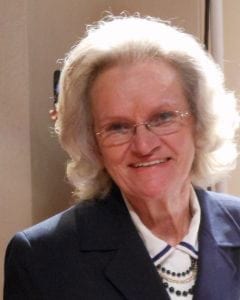Society teaches us to make comparisons all of the time.
When you chose to participate in a competitive game, and you want there to be a winner and a loser, you agree to keep score. Sometimes you might need to measure distance, so tape measures and measuring sticks are quite appropriate and acceptable. However, too often, we tend to make comparisons in other aspects of our lives.
I don’t know if this still holds true, but when I graduated from high school, our class book listed the best looking, the best dressed, most fun to be with, most likely to succeed, etc. Looking back now, I wonder why that was encouraged. Oh, yeah, that is part of our best/worst ratings in society at large. Notice how many lists you see on a daily basis, and you will see the influence such things have on your own thinking.
I was well into my third decade before I noticed how many commercials were telling us how important the way we look, talk, smell, and so forth. I became aware that there will always be someone who has more money, is more attractive, is more talented, or is more intelligent. I saw that I was being compared to others because the advertisers are trying to sell us something. They show us sad people becoming happy people once they start using a particular product. If only a product could bring about happiness, there would be no more unhappiness in the world!
While paying attention to the advertisers and others who judge us can be a problem for many people in our society, it’s even more of a problem for families with rare diseases.
Very often it becomes impossible for rare disease families to live the way average families do, so we might compare our lives to theirs. We feel that we should be doing the things other families are doing, but that’s not possible much of the time. People share their vacation experiences, not knowing that, if our family has a vacation, it might be to attend a conference about rare diseases. We feel happy if we can include a little side trip.
For many years, I tried to do what I thought others expected of me. I had a hard time saying no when I didn’t want to sound like I was using my daughter’s rare disease problems as an excuse, so I stressed. I came to realize that I was carrying around a measuring tape, comparing everything and often feeling like I wasn’t living up to someone else’s expectations. Finally, the day came when I realized I was only hurting myself by allowing others to define me. It was liberating to put away that measuring tape in regards to my everyday life. I still think it is just fine to keep score when engaging in a game, but life is not a game – particularly a rare disease life.
I hope that other rare disease families realize that you don’t need to expect too much from yourselves. You do have to contend with extraordinary circumstances every single day. Many others won’t understand, but those of us in the rare disease community do understand, and we want you to stop comparing your lives to others, or even to what you previously expected it to be. Put away the measuring tape.



